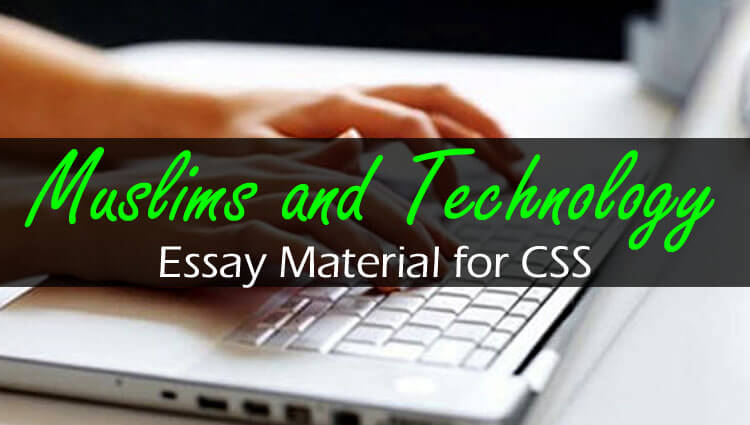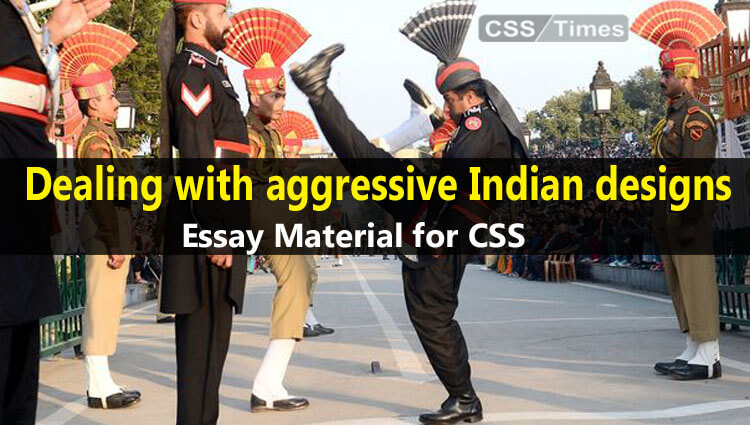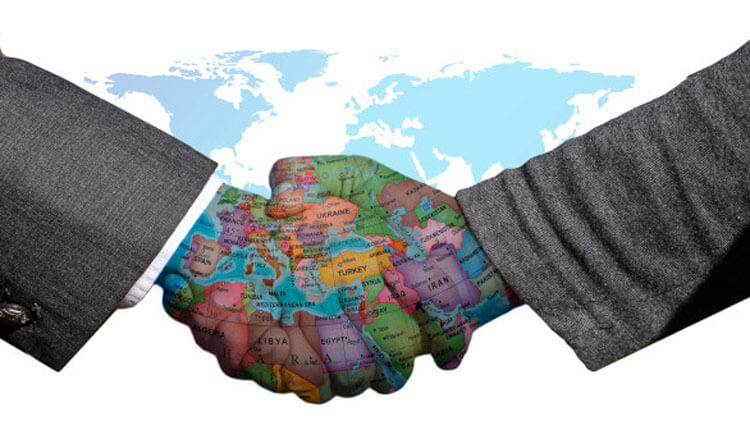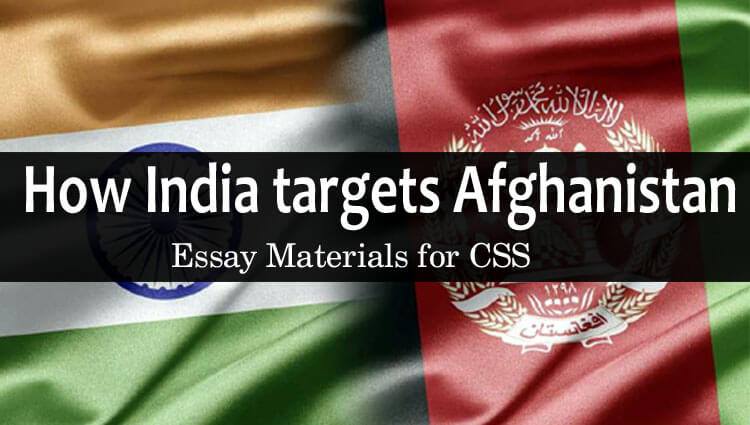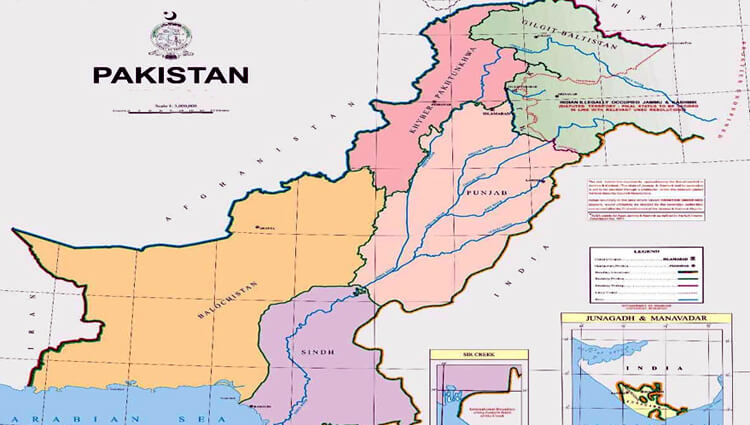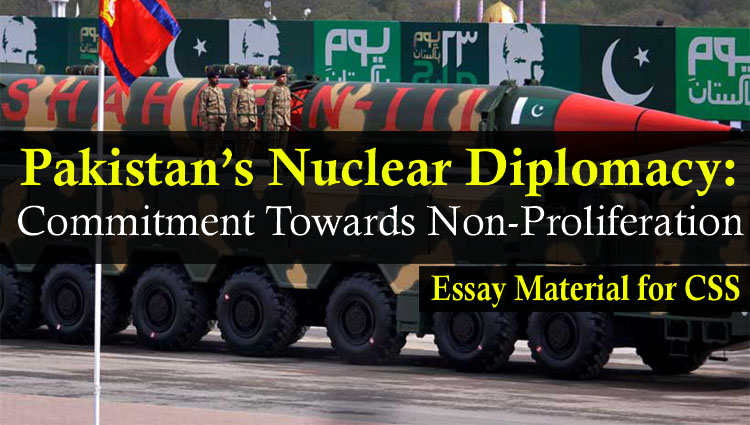Reforming and modernising Pakistan | Essay Materials for Competitive Exams
Karachi, our metropolitan city drowned in rain and our efforts to rebuild it are marred in politics. The popular debate these days is:
“Who will contribute how much and who will take the credit for its rebuilding?”
Drowning in rain was unfortunate for Karachi but getting drowned now in politics that fails to deliver is worse. All this forces me to ask this question—what is our sense of the future?
Why can’t this nation and its politics do away with mediocre, self-serving sub-nationalists who cannot see beyond their noses?
The world is moving in the fast lane, identifying and adapting new technological, demographical, geopolitical, cultural, and military and academic tendencies and we are still debating how to clean our cities, lift our garbage and unclog our sewerage system. For how long will the people’s will and their right to happiness be constrained? Do we need and deserve such politics that applies such constraints? This killer of public expectations; all politics has done in this country is procrastinate public goodness and wellbeing.
